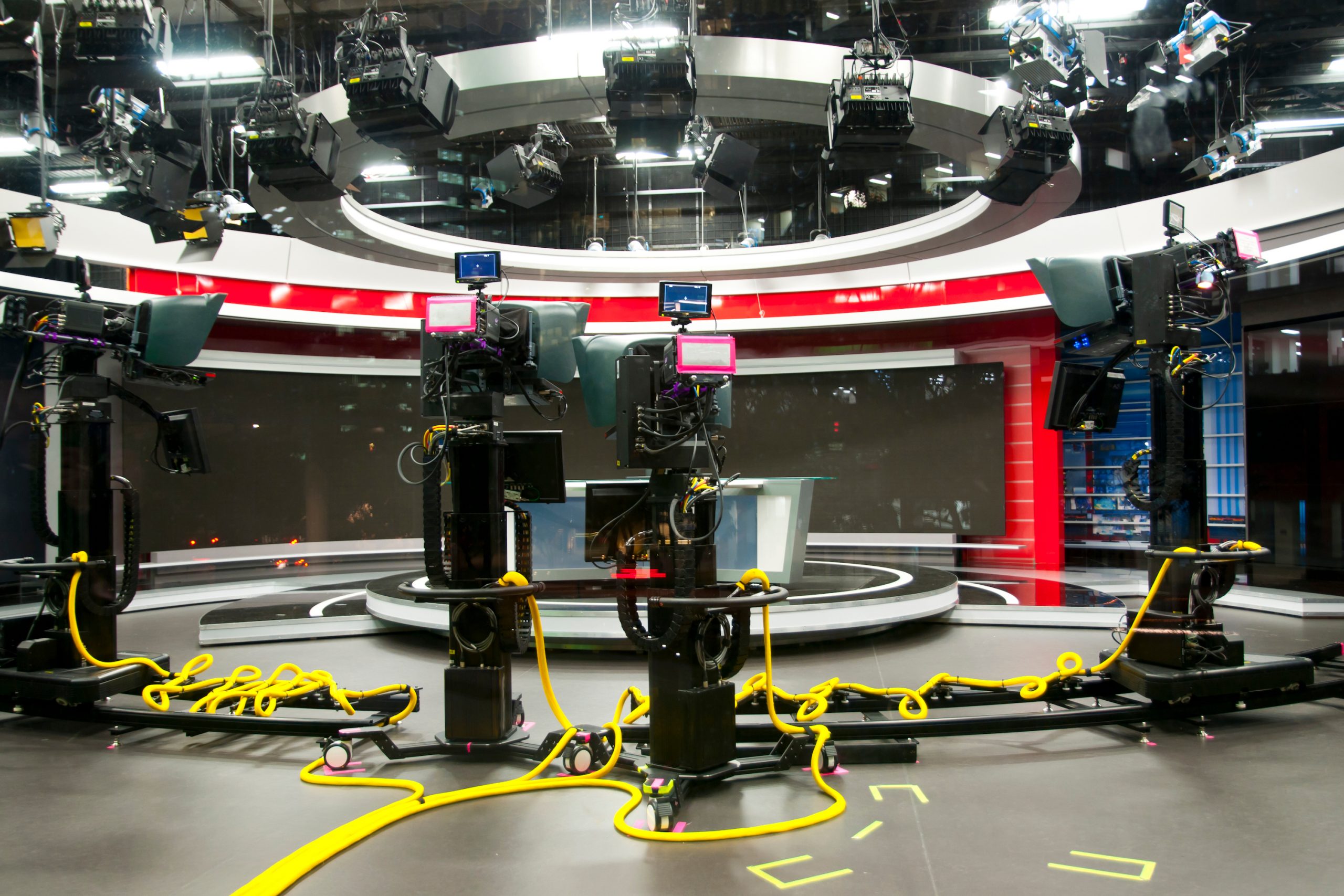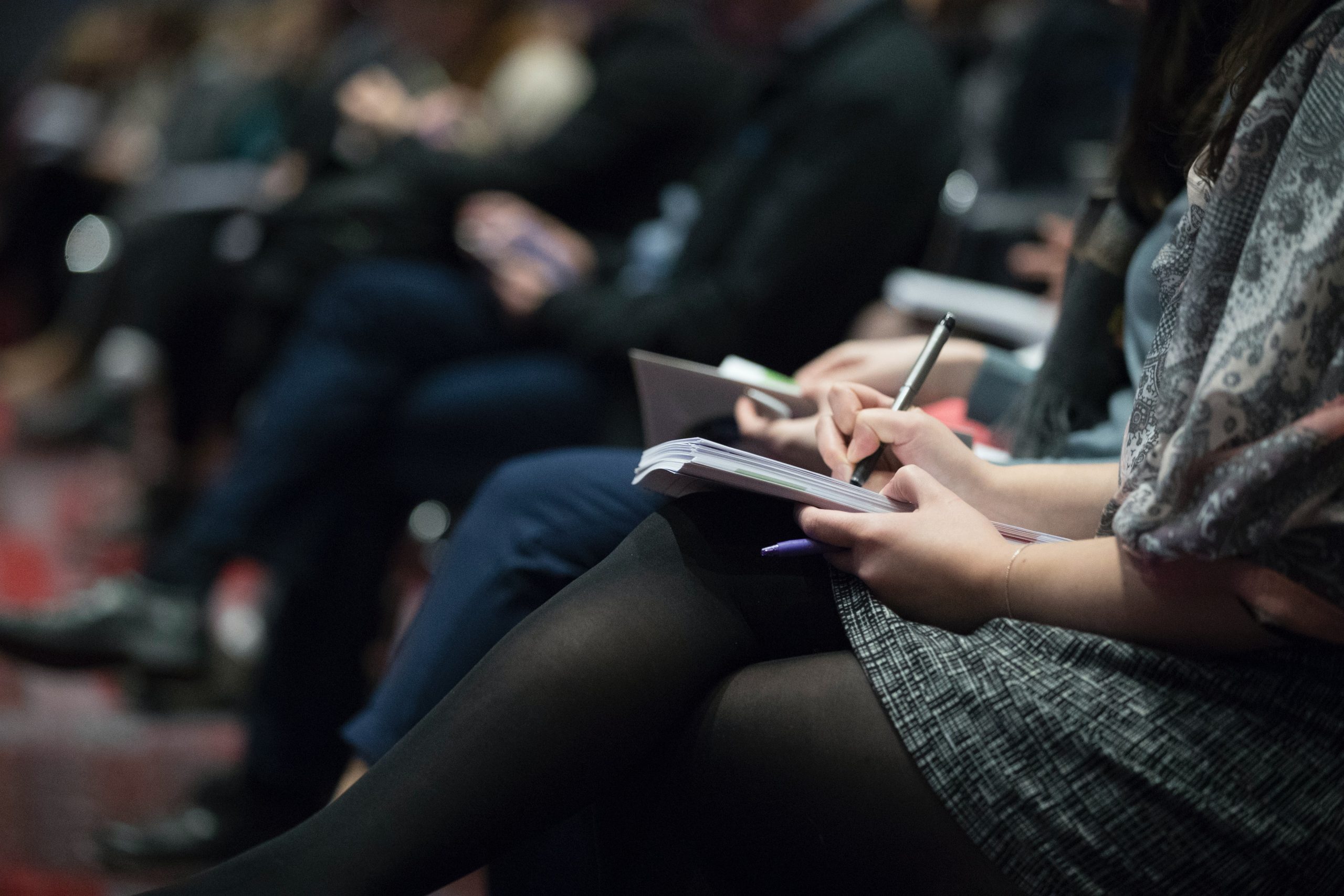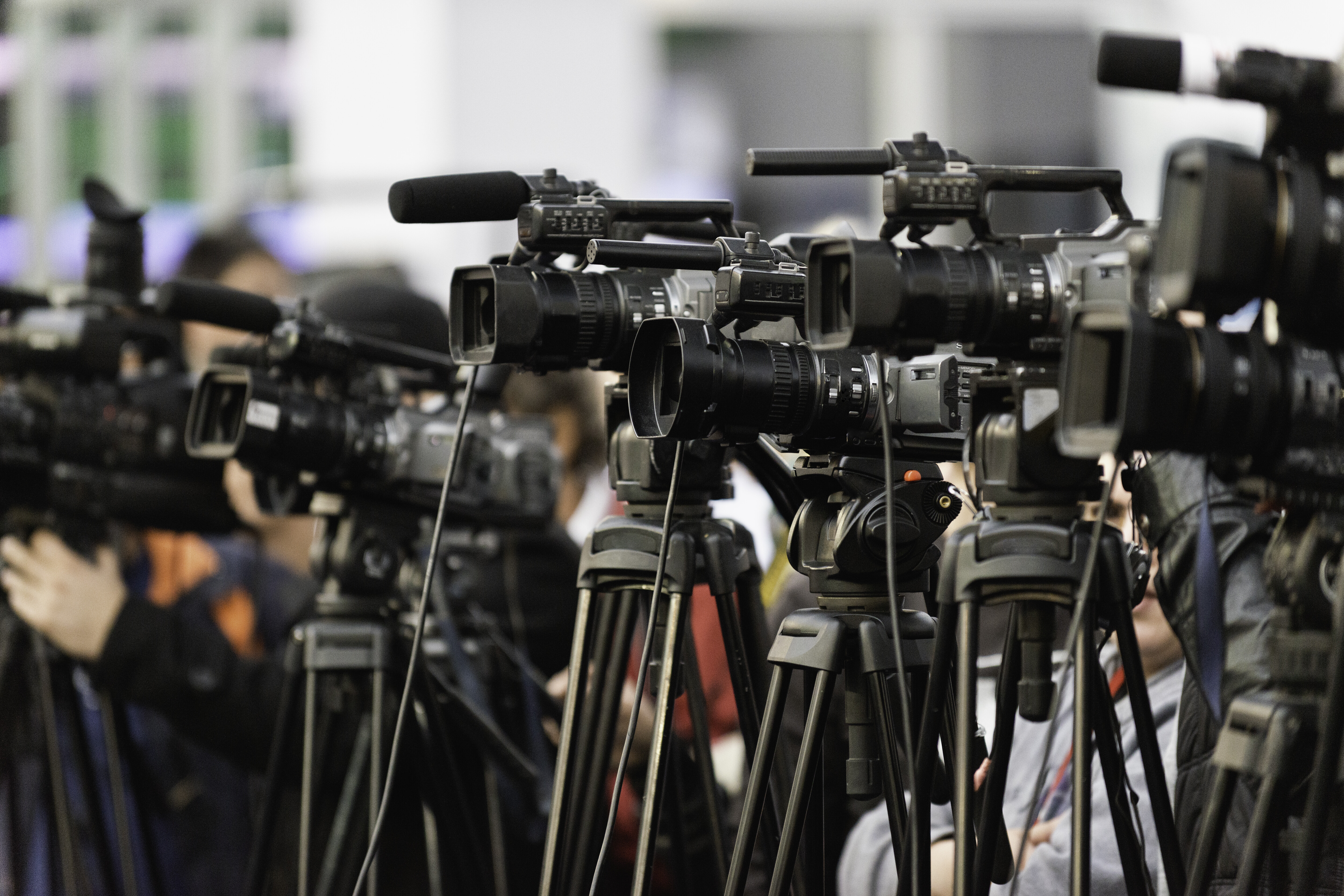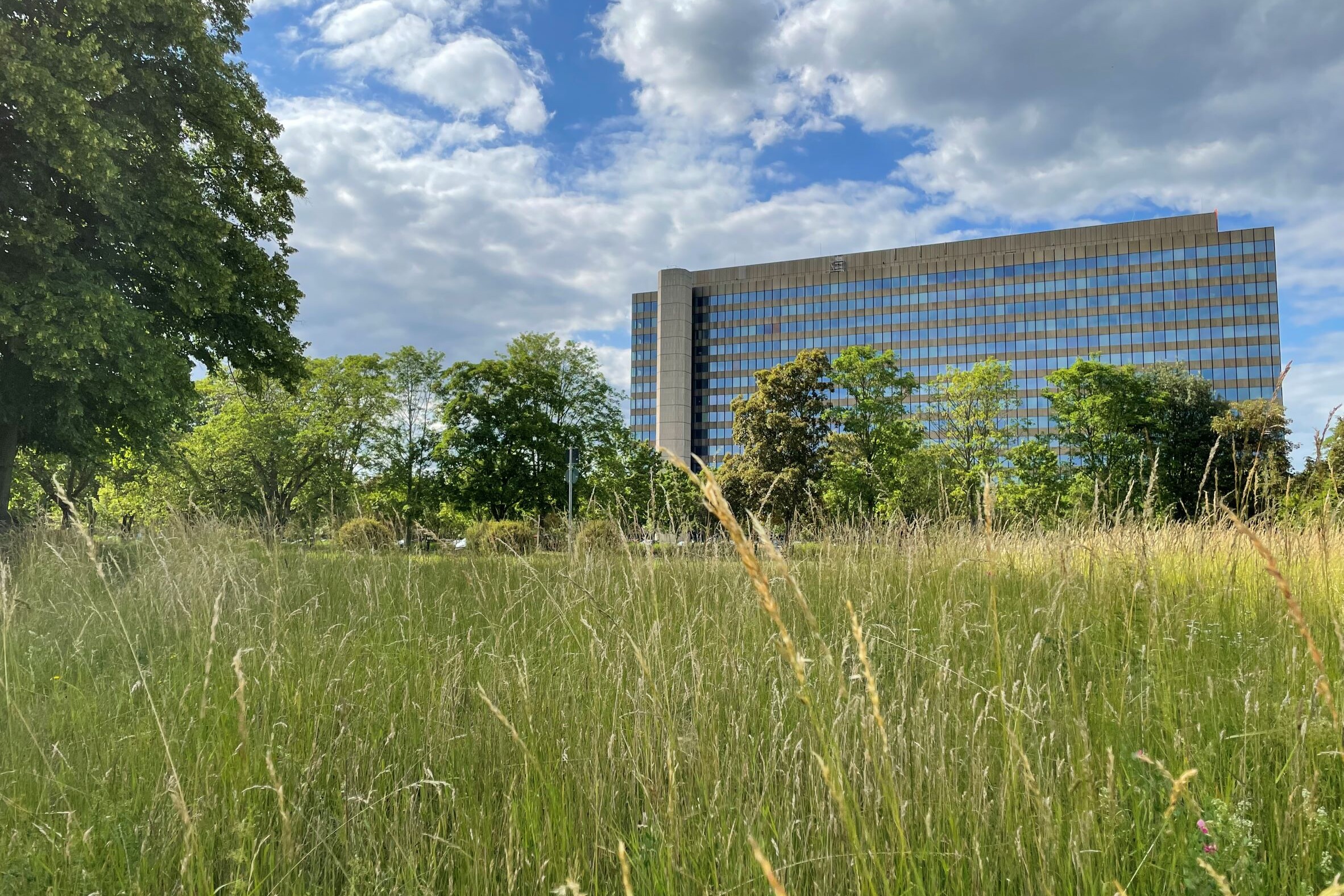European public media organisations prepare for energy shortages
7th October 2022
– Updated 15 November 2022 to reflect on how the energy crisis is affecting public media organisations’ budgets and the new cost of living programmes and initiatives.
Rising energy prices globally are causing immense anxiety for the public and for businesses, and public media organisations are facing similar pressures.

From reducing temperatures in offices to restricting the hot water supply, some public media organisations are scaling up their energy-saving measures and wider sustainability policies. It comes with potential energy shortages looming, largely brought on by global crises such as the COVID-19 pandemic and Russia’s war on Ukraine.
This week, the German public media organisation, ZDF, implemented a new regulation that was enforced in the country on 1 September by the federal government to reduce the consumption of heating and electricity nationwide. According to the “Ordinance on Securing the Energy Supply through Measures Effective in the Short Term”, public buildings may only be heated to a maximum of 19°C. Legal entities under public law are covered by the ordinance, including the ZDF.
“Do[es] 19 degrees really save energy?” asked Professor Dr. Jens Müller, from ZDF’s Corporate Planning & Sustainability Coordination team. “Yes. Every degree counts. A reduction of just one degree Celsius already leads to an energy saving of 7 percent.”
Switzerland’s national public media organisation, SRG SSR, is responding to the energy shortage risks in a similar way. They have implemented various measures to improve energy efficiency across its five language services, General Management, and subsidiary company SWISS TXT. They include reducing the temperature within buildings by up to 2°C and switching off hot water supply and ventilation in premises where possible. Staff will be encouraged to “use energy sparingly”, and all measures will be implemented with immediate effect. The organisation “expects an approximate reduction of 13 to 15% of its total energy consumption.”
In this way, reducing energy consumption also feeds into some of the wider goals that public media organisations have promised in recent years to be more environmentally sustainable, to reduce their carbon footprints and move away from a reliance on costly fossil fuels in the longer term.
“Every degree counts. A reduction of just one degree Celsius already leads to an energy saving of 7 percent” – Dr. Jens Müller, ZDF
As it transitions to become a climate neutral public media organisation, ZDF has increasingly adopted renewable energy. The “price surge for fossil fuels will put a strain on your budget in the short term if you depend on it for your energy supply,” Dr. Müller explained in a previous interview with PMA. But even green energy can be costly. “Since this can become scarce at first, it will certainly become more expensive. But of course, it is also true that higher prices motivate people to save on the quantities they consume. Although we would all have liked to have done so without the cause…”
Elsewhere, France Télévisions launched its own action plan last week to reduce energy consumption, which brings hand-in-hand its response to the current energy crisis and the climate emergency. Internally, it has pledged 10 eco-commitments for “energy sobriety”, including limiting temperatures in summer and winter in offices and on sets, turning lights off in buildings from 9.30pm, and replacing equipment that consumes too much energy. It has also committed to an “eco-responsible approach” to its content production.
Eurovision Song Contest 2023
The looming energy crisis has hit some public broadcasters in other ways. Last month, Montenegro and North Macedonia’s respective public broadcasters, RTCG and MRT, announced they had to pull out of competing in next year’s Eurovision Song Contest in Liverpool due to the registration fee it would cost to participate and to stay in the United Kingdom. In a statement, North Macedonia’s public broadcaster, MRT, explained its decision: “Such a decision is in the best interest of the citizens, taking into account the increased costs due to the energy crisis, which occupy a large part of the budget of the Public Service, as well as the increased registration fee for the participation in “Eurosong 2023″, which until last year was 39,143.00 euros, and the next year is expected to be higher. This decision will enable the saving of funds that should be set aside for the Macedonian delegation’s stay in Liverpool, where the Eurosong 2023 is being held.” However, MRT confirmed that it will still broadcast the event, the two semi-final evenings and the final on its services.
The role of public media
As with all crises, public media have a unique role to play in informing and supporting citizens on how best to prepare themselves against the unfolding global energy crisis, with timely and credible information.
Through its information and programme offers, part of France Télévisions’ new action plan is to raise public awareness of the energy and climate crisis. They also aim to provide individuals with solutions and measures on how to reduce their energy consumption during weather forecasts and other information formats. According to France Télévisions, “the risk of power cuts is possible but could be avoided by reducing electricity consumption.”
Last month, the BBC launched ‘The Cost of Living: Tackling it Together’, a new initiative across digital, radio and TV services in all nations and regions, to bring together a range of programmes, brands and experts to help audiences navigate the energy crisis. Through dedicated Cost of Living Correspondents, a special podcast and various other news and factual programming, audiences will be provided with information on what they can do to save costs, while holding politicians to account for their promises. Audiences will also be able to share their stories of how the cost of living crisis is affecting their lives.
“We are determined to be there for our audiences when they most need us, and to make sure the BBC is delivering value for all, as millions navigate these difficult times”, said Deborah Turness, CEO of BBC News and Current Affairs.
ABC Australia has also held public panel sessions and published explainers on what the energy crisis means to households, and what the Australian federal and state governments are doing to strengthen the country’s energy policy.
Meanwhile, other public broadcasters such as ZDF and Channel 4, have produced special documentary programmes in light of the energy crisis. ZDF has programming about the use of hydrogen for an energy transition and how people can use solar energy in their own homes all year round, while Channel 4’s investigative documentary show ‘Dispatches’ explores the resultant cost of living crisis people are facing.
With many public media organisations worldwide already under immense financial pressure, looming threats for rising energy prices add to these concerns. Given that content production can be extremely costly, recognising areas where public media organisations can reduce unnecessary energy consumption is not only a necessary approach for the current energy crisis and in playing their part in the climate crisis, but also for cost-saving. Additionally, with an underlying threat of blackouts, being frugal with their energy consumption is a necessary step to ensure public media organisations are not forced to operate without a sufficient power supply – which would be detrimental to fulfilling their public service mission.
While concrete figures on savings or financial effects of the energy price crisis on public media organisations are still yet to be recorded, PMA is closely monitoring the situation and offers support to members globally.
Tell us...
How is your public media organisation being impacted by the global energy crisis?
> How is it affecting your organisation’s finances?
> Will any content be cut to save money?
> What steps are you taking to deal with it?
Share your insights and experiences by emailing us at: editor@publicmediaalliance.org
Related Posts
16th September 2022
How ZDF is on the way to becoming a climate-neutral public media organisation
Discover German public broadcaster…


